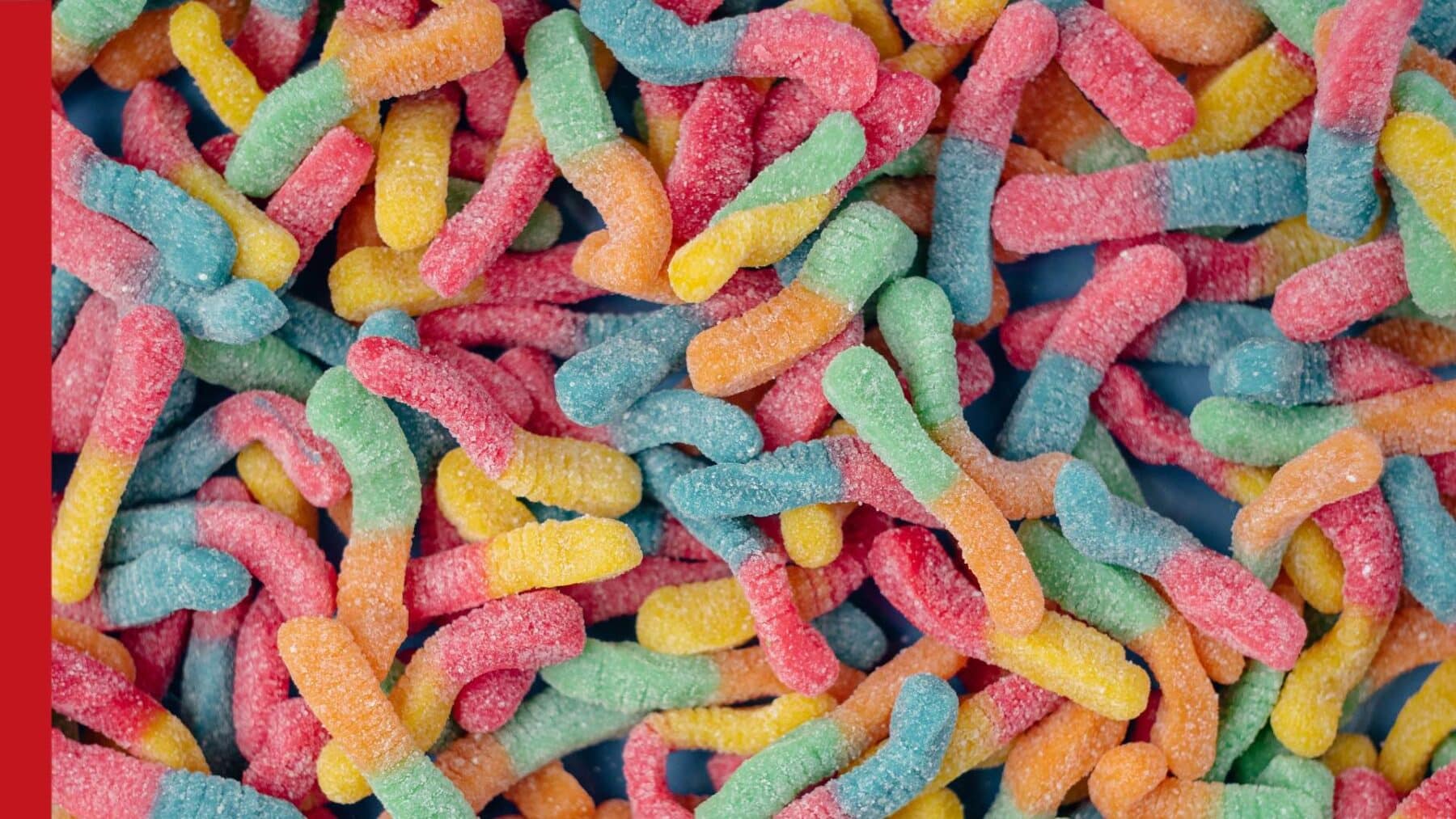You refresh your Instagram feed. You check your email (again). You polish off a pint of ice cream. Netflix autoplays yet another episode. All of these stimuli give you quick hits of pleasure, but over time may leave you scatter-brained and stressed.
That’s partly because your brain is getting flooded with dopamine. In case you weren’t paying attention in science class, dopamine is a neurotransmitter that helps you feel pleasure, hence its nicknames the “feel-good chemical” and “happy hormone.” Dopamine is an essential component of reward, motivation, and learning. But the downside is that dopamine can reinforce unhealthy habits that may make you feel worse over the long run.
In an effort to reset their reward systems and regain peace of mind, legions of people are attempting something called a dopamine detox. With this popular-yet-controversial method, people abstain from impulsive habits, like eating junk food, doom-scrolling, and shopping.
There’s a heated debate as to whether dopamine detoxes are a groundbreaking practice, a pointless fad, or something in between. Let’s unpack the science (or lack thereof) and whether this tactic is worth your time.
What Is a Dopamine Detox?
A dopamine detox (or dopamine fast) is a method to temporarily eliminate activities or habits that raise your dopamine levels. The goal is to limit your dependence on stimuli that give you immediate but fleeting gratification. The detox can last anywhere from a few hours to a few days. Then, you’ll be more grounded and less susceptible to impulses—at least that’s the idea.
Think of it like Sober October, but for any of your guilty pleasures like binge-eating, scrolling mindlessly through TikTok, or playing video games.
The origins of dopamine detoxing can be traced back to Silicon Valley, where high-achieving entrepreneurs and venture capitalists sought refuge from their fast-paced, tech-heavy lifestyles. The poster boy for dopamine fasting is Dr. Cameron Sepah, a California-based psychiatrist, whose Definitive Guide to Dopamine Fasting went viral in 2019.
Dopamine fasting may sound like New Age pseudoscience, but Sepah says it’s rooted in Cognitive-Behavioral Therapy (CBT), which has been scientifically proven to treat addiction and compulsive behavioral disorders.
As with any wellness trend, the idea of dopamine fasting ruffled some feathers, particularly in the traditional medical community. As Harvard Health points out, you can’t literally “fast” from a naturally occurring brain chemical like you could from alcohol or drugs. Avoiding certain stimuli might lower your stress levels, but it doesn’t doesn’t lower the dopamine circulating in your system.
In an interview with the New York Times, Sepah defended the practice, noting that “Dopamine is just a mechanism that explains how addictions can become reinforced, and [dopamine detox] makes for a catchy title…The title’s not to be taken literally.”
Semantics aside, there are certainly benefits to disconnecting with habits you find problematic and reconnecting with nature, other people, and most importantly, yourself.
What Are the Benefits of a Dopamine Detox?
To be clear, there aren’t any scientific studies that support the claims about dopamine detoxing. But that doesn’t mean the practice is bogus by any means. Many individual components of a dopamine detox have been shown to improve overall wellness.
For example, Cleveland Clinic notes that taking a break from electronic devices (specifically smartphones) can improve your ability to focus, reduce your stress levels, and improve your social life.
Then there’s the role of dopamine in your diet. The primary culprit here is sugar, which triggers huge surges of dopamine. Cutting out artificial sugar can stabilize blood sugar levels, limit cravings, reduce inflammation, and increase your energy levels.
Perhaps most importantly, a dopamine detox can make you more aware of how certain habits and stimuli influence your daily life. A fresh perspective can help you set boundaries and prioritize healthy choices over instant gratification.
Will a day without WiFi and candy “reset” your brain and turn you into a superhuman? It’s doubtful—but there’s a good chance you’ll feel refreshed, focused, and calm.
How to Do a Dopamine Detox

Before you start a dopamine detox, it’s important to understand which compulsions give you the most trouble. Dr. Sepah identifies six common behavioral addictions you can targets during a dopamine detox:
- Emotional eating
- Excessive internet usage and gaming
- Gambling and shopping
- Porn and masturbation
- Thrill and novelty seeking
- Recreational drugs
“This list is neither inclusive nor exclusive,” he writes. “To decide what to fast from, simply regard whether it’s highly pleasurable or problematic for you, and thus you may need a break from.”
Next is setting your “fasting schedule.” Dr. Sepah recommends gradually increasing the amount of time you cut out a specific behavior. It can be as little as one hour at the end of the day, or a full weekend.
Some people take dopamine fasting to the extreme. For example, a group of startup founders in San Francisco turned their fast into more of a sensory deprivation retreat: no food, no screens, no music, no exercise, no work, no eye contact.
Of course, something this drastic isn’t necessary to achieve peace of mind. “The point of dopamine fasting is not to encourage monasticism or masochism,” Dr. Sepah says. “Fun, enjoyment, and aesthetic appreciation are an important part of life.”
Don’t Demonize Dopamine
It’s tempting to think of dopamine as a nasty, addictive drug. But the reality is humans can’t live without it—otherwise we’d turn into listless zombies. No wonder we produce it naturally.
The key then, isn’t flushing dopamine out of your system (which is impossible). It’s understanding which activities spike your dopamine levels in a way that prevents you from living a centered, productive, fulfilling life.
If you think about it, putting away your iPhone and picking up a book seems more like old school living than New Age biohacking. Branding is a powerful thing.
